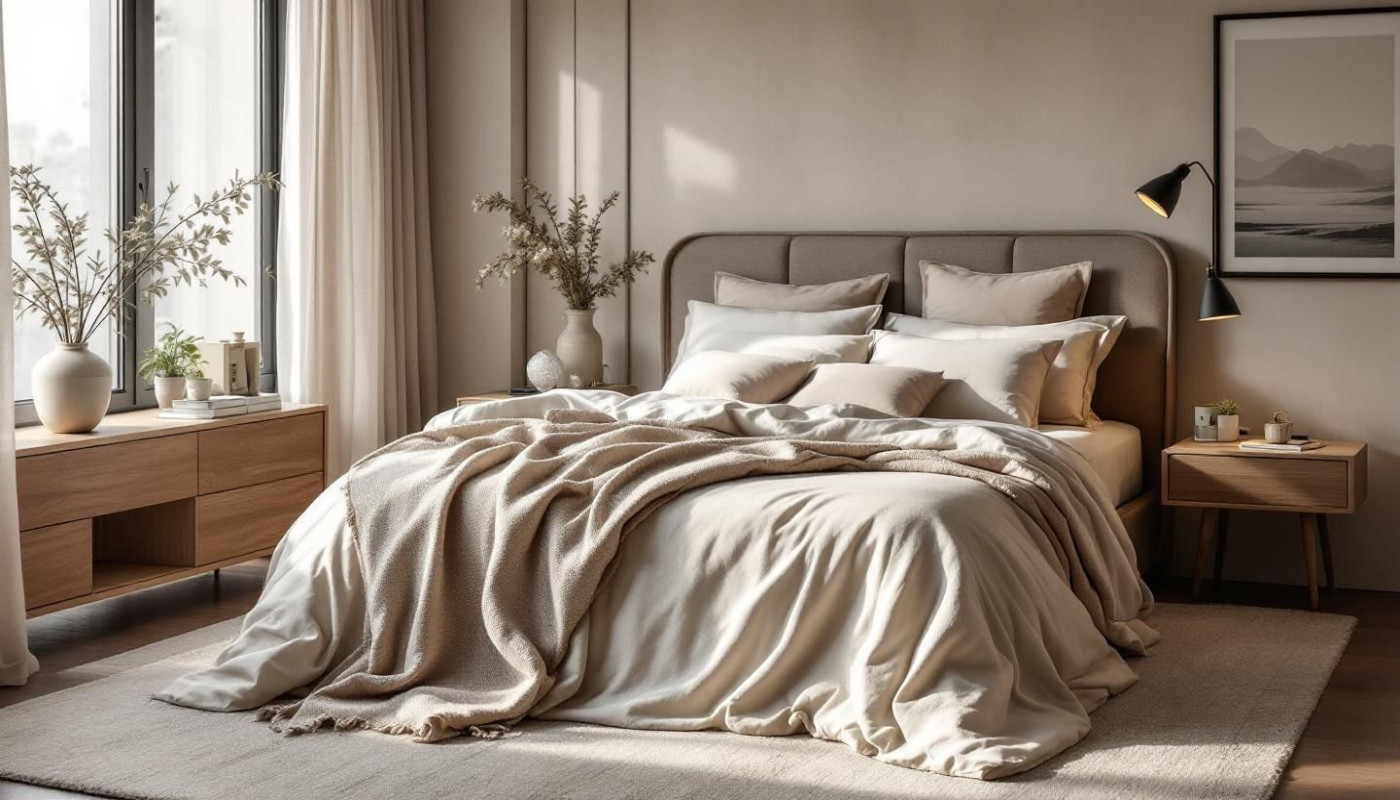In the modern age of minimalism and sleek, contemporary decor, there's a refreshing charm in bringing back the beauty of vintage elements into your living spaces. The warmth and character that vintage decor introduces to an environment is unrivaled — it carries stories of different eras and adds a timeless appeal to your home or office. Whether you're looking for ways to revamp your space with antique furniture or retro color schemes, this article will guide you through the essential aspects of incorporating vintage decor into modern interiors. Dive deeper as we explore various tips on how to effectively mix old with new while maintaining balance and harmony.
Rejuvenating your living space with vintage decor is an adventure in style discovery. It's vital to start by diving into what the term "vintage" signifies to you, as it can greatly vary from one individual to another. The term can encompass a broad spectrum of time periods, each with its unique aesthetic charm and each invoking different feelings and emotions.
For instance, the Victorian era is known for its intricate and ornate designs, often featuring deep, rich colors and heavy fabrics. On the contrary, the mid-century modern era emphasizes clean lines, simple forms, and natural shapes, often incorporating bold colors and patterns. Between these two extremes lies a myriad of aesthetics, each with its unique appeal.
While exploring various vintage eras, it is crucial to identify what personally resonates with you. Do you find yourself attracted to the muted pastels of the 1920s, or are the bold, retro patterns from the 1960s more to your liking? It's all part of the process of vintage style discovery.
Identifying your personal aesthetics is not just about selecting a particular era or style. It extends to understanding what colors, textures, and designs you enjoy and feel comfortable with in your home. This awareness helps in creating a space that reflects your personality and tastes while also being functional and aesthetically pleasing.
Exploring vintage decor can be a fun and rewarding journey. It allows you to create a character-filled space that tells a story while also offering a sense of comfort and familiarity. So go ahead, dive into the world of vintage decor and discover a style that truly resonates with you.
Selecting Key Pieces
After pinpointing your favoured design period(s), choosing the key elements becomes less challenging, albeit it still demands mindful evaluation. An essential part of crafting a diversified aesthetic involves picking out antique furniture that functions not only as useful items but also as standout pieces that command attention. These centre-pieces become the focal point, setting the tone and theme for the rest of the room, with other ornamentations complementing and revolving around them. This mix-and-match approach allows for creative freedom and the opportunity to curate a space truly unique to your tastes. Engaging an expert interior designer can provide professional guidance and expertise in this process, ensuring each chosen element contributes to the cohesive harmony of your vintage decor.
Incorporating Color Schemes from Yesteryears
An integral component of breathing life into any space through design is the meticulous planning it involves - particularly when it comes to the utilization of color palettes that echo specific eras. The key to creating a beautiful blend between the present-day structure and selected vintage decor lies in the grasp of how color schemes encapsulate the spirit of distinct historical periods.
Understanding the historical context of coloring is not merely about applying hues to walls and furniture. It's a profound journey through time, where each color has its own tale to tell. Vintage color schemes, for instance, exude an aura of nostalgia and legacy, transporting us to different epochs and painting vivid pictures of the past.
Successfully harmonizing color use entails a deep appreciation for the past and the ability to juxtapose it with the current architectural style. It's about striking the right balance between the old and the new, creating a space that feels both familiar and refreshing.
With guidance from an expert such as an art historian specializing in period styles, you can curate a space that not only reflects your personal style but also pays homage to the rich tapestry of past eras, all achieved through the artful application of a color scheme.
Similar articles





